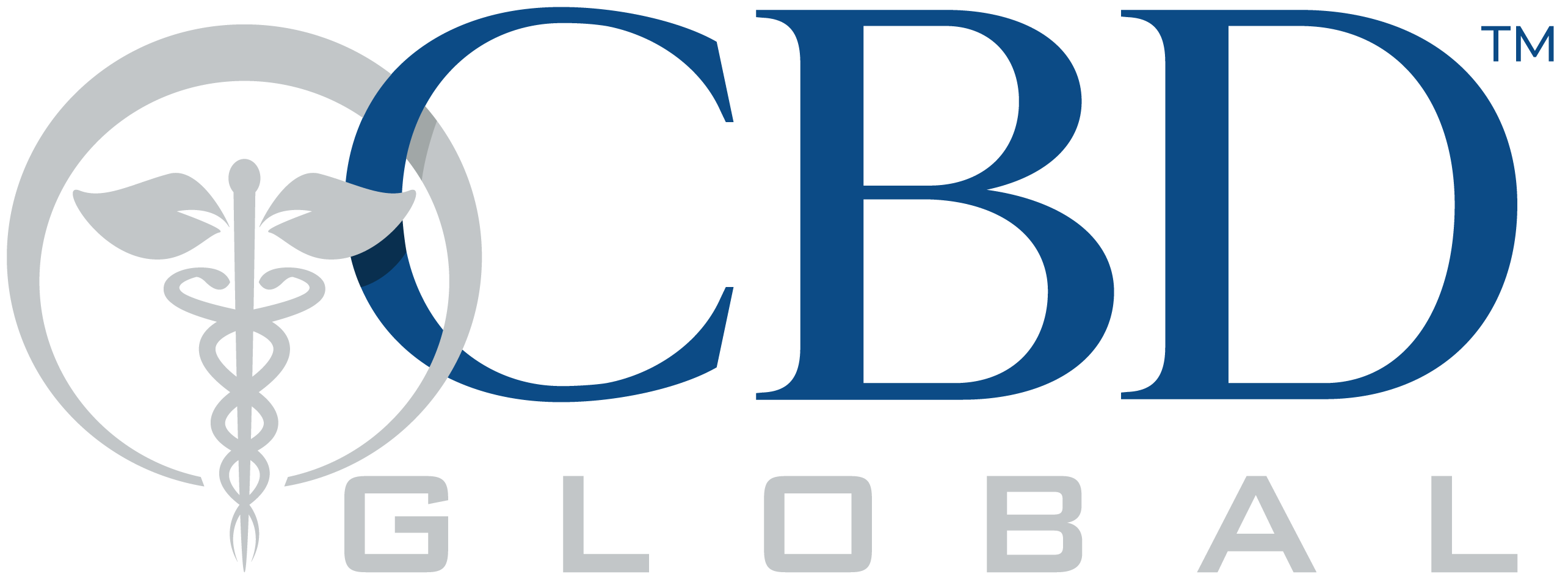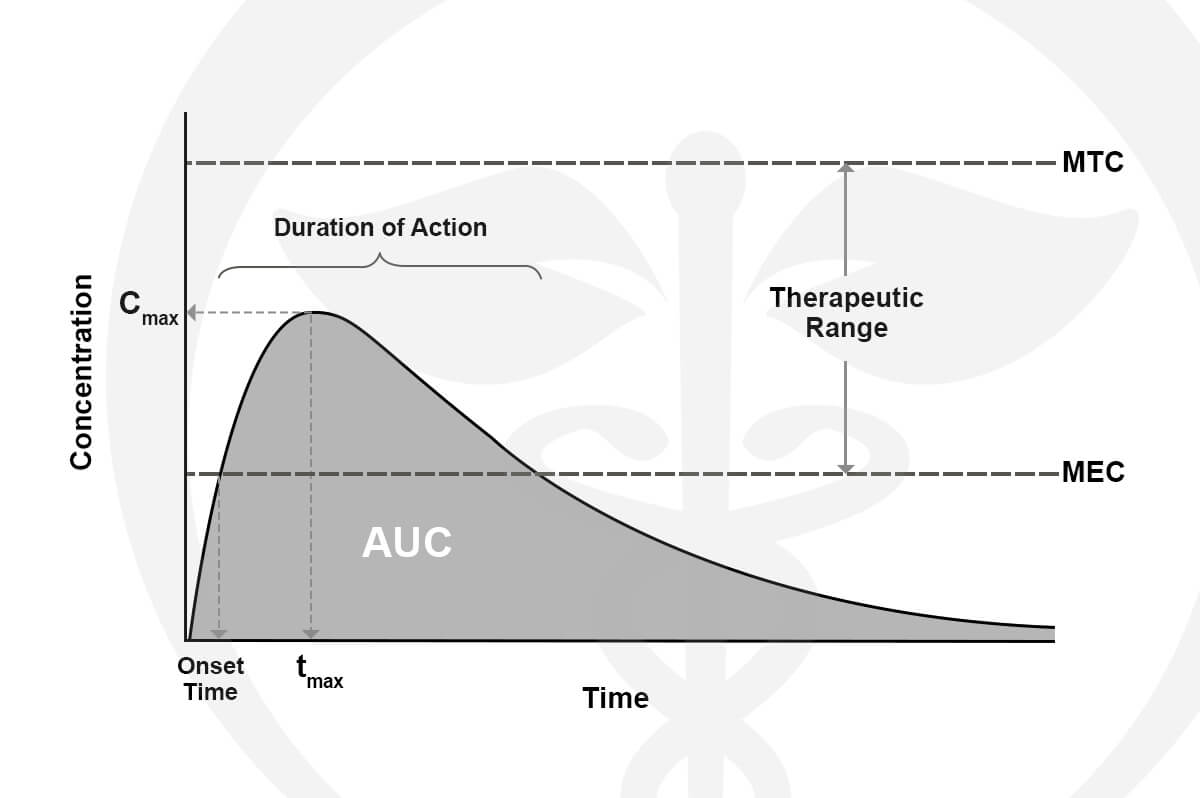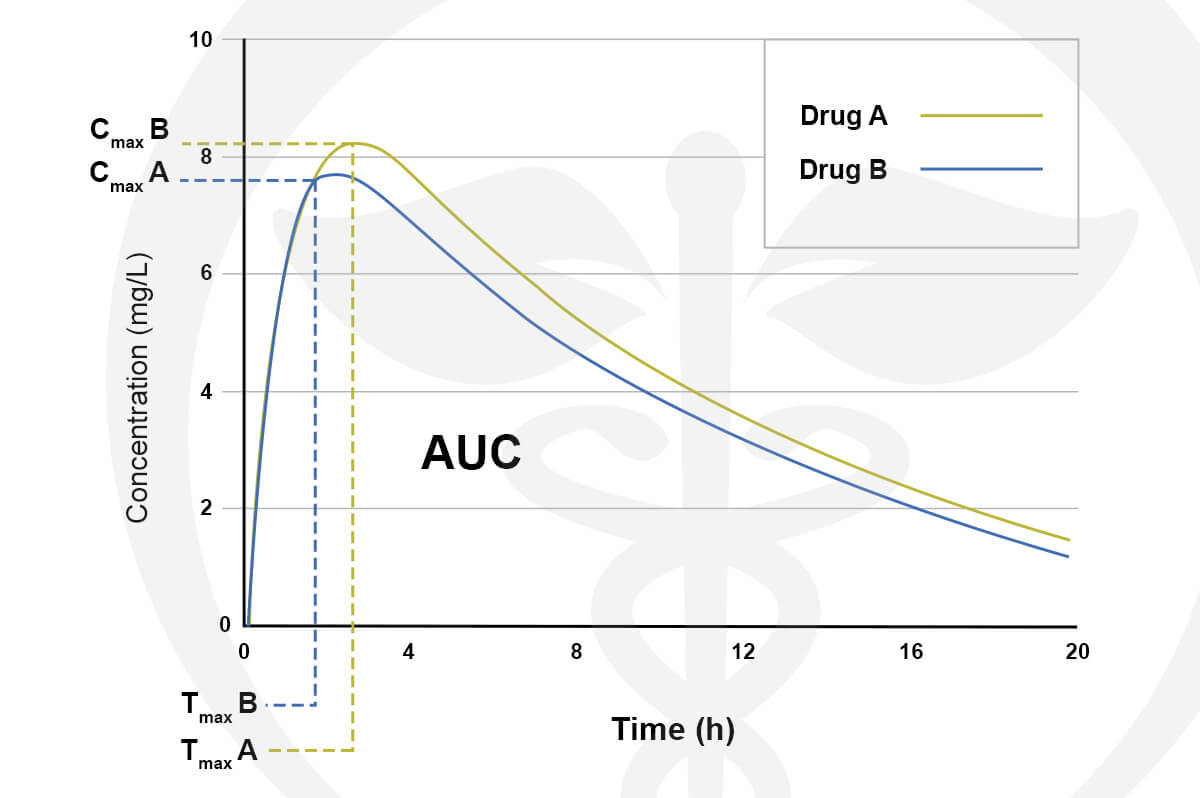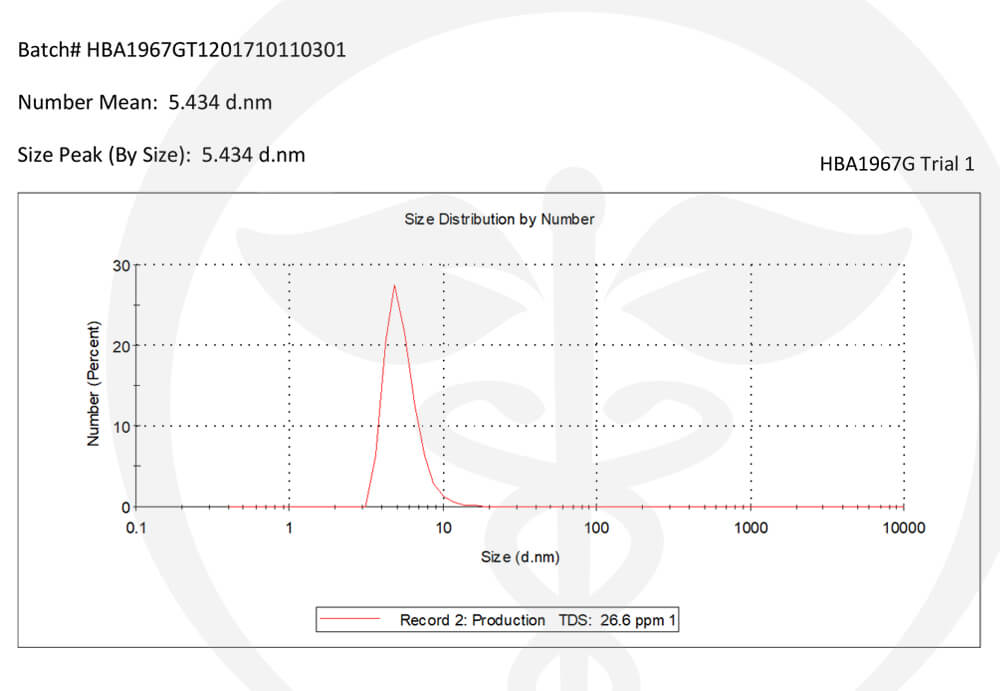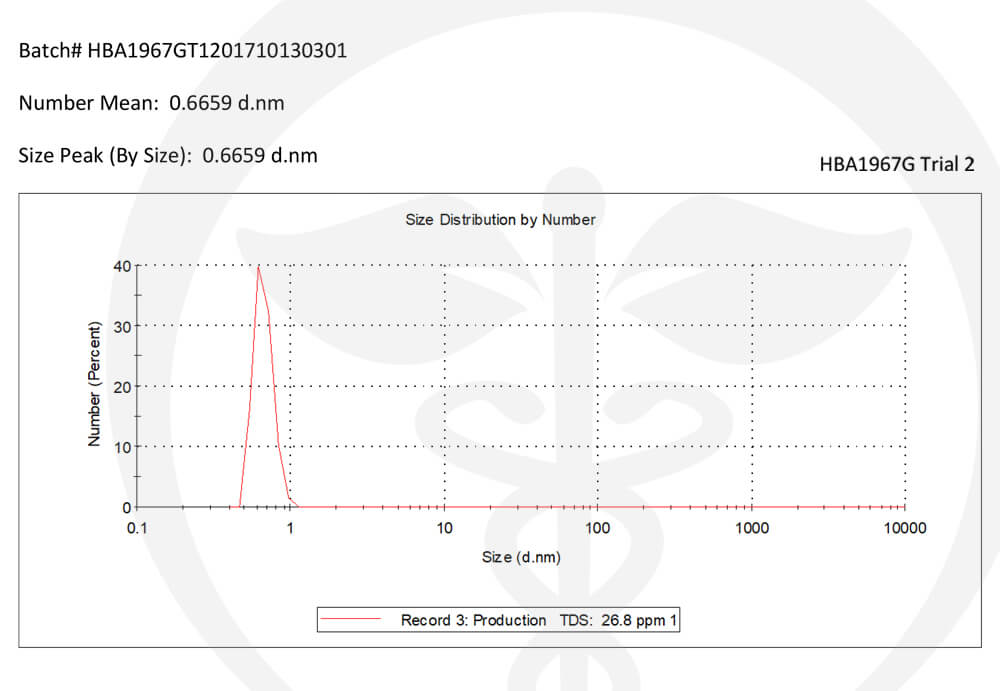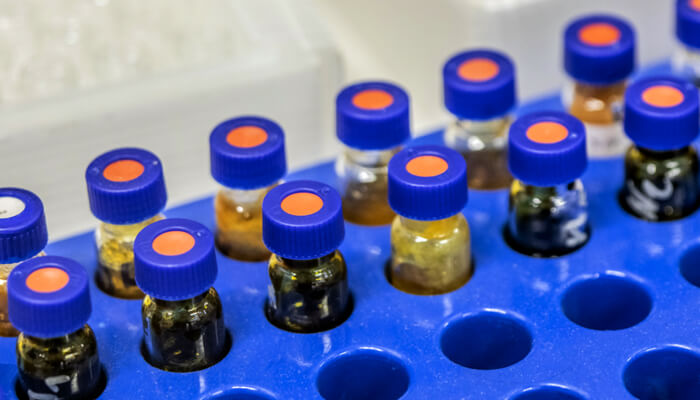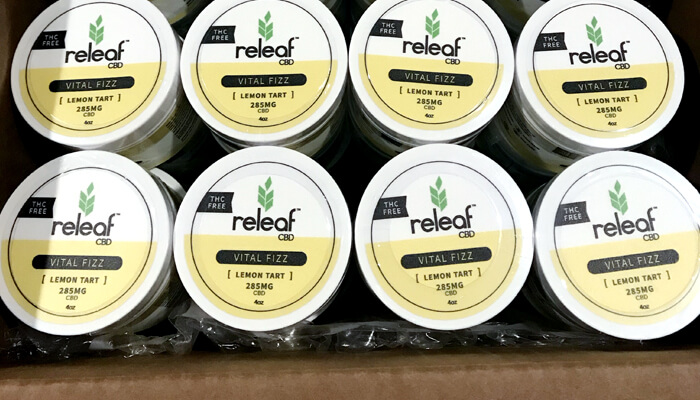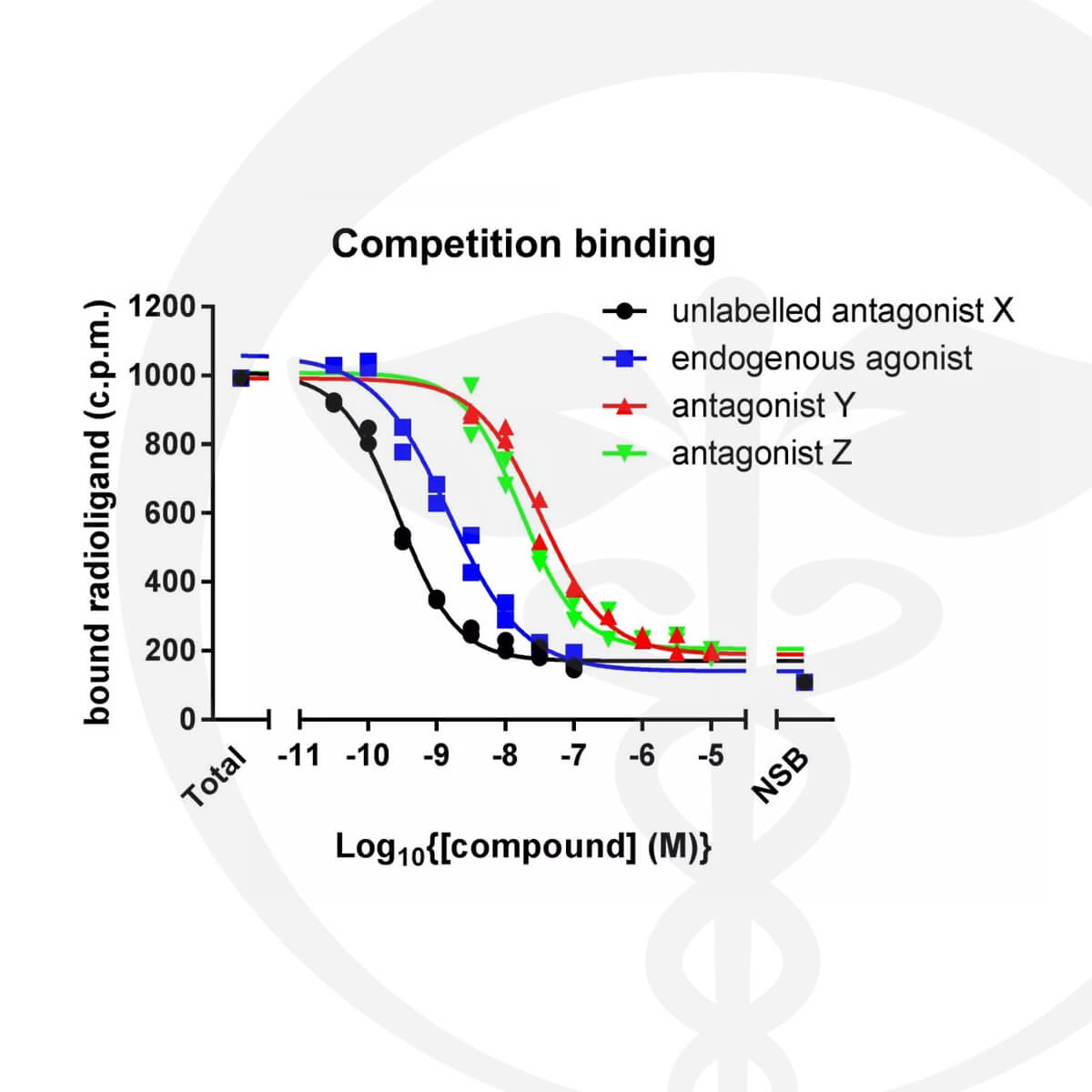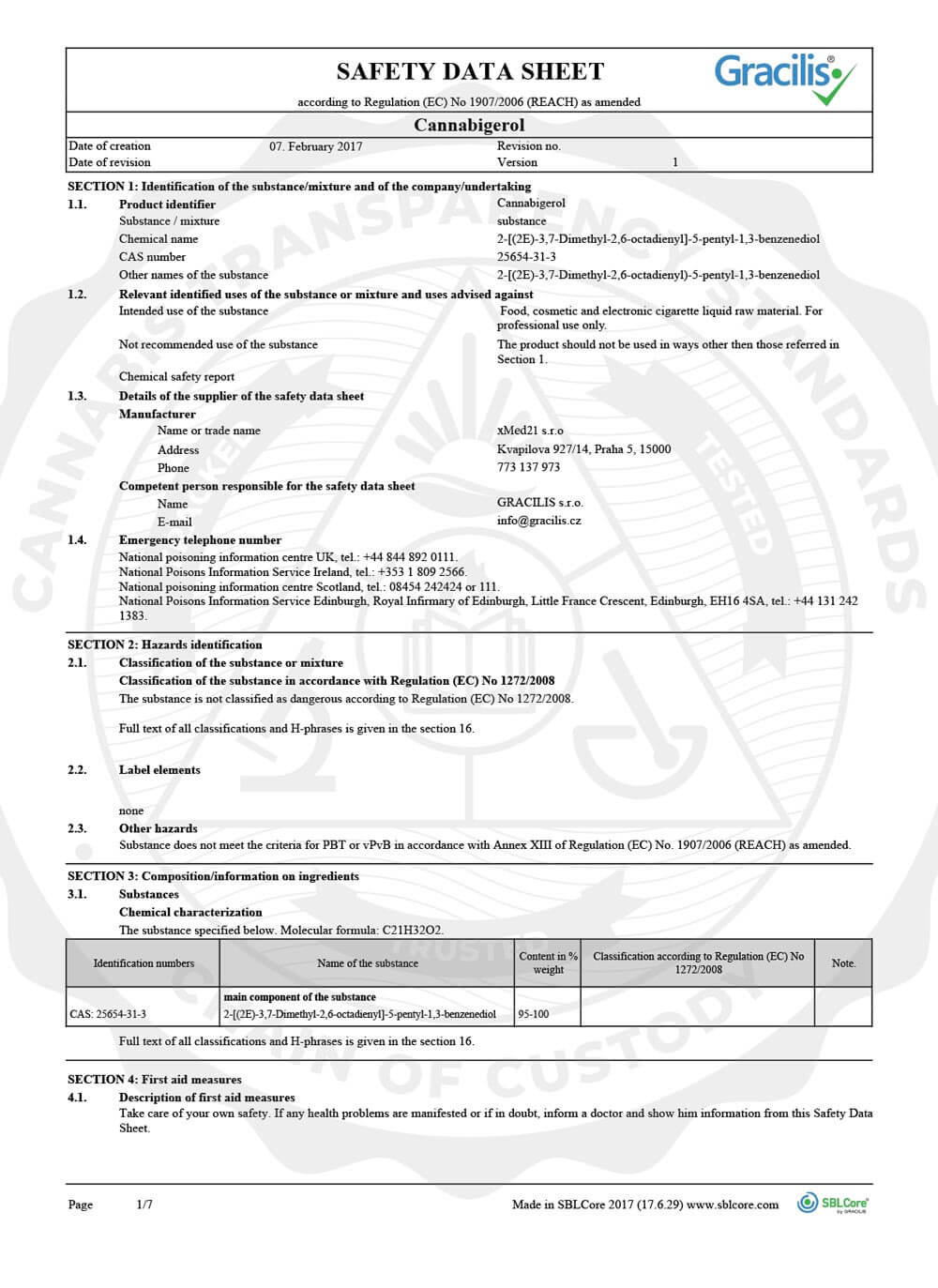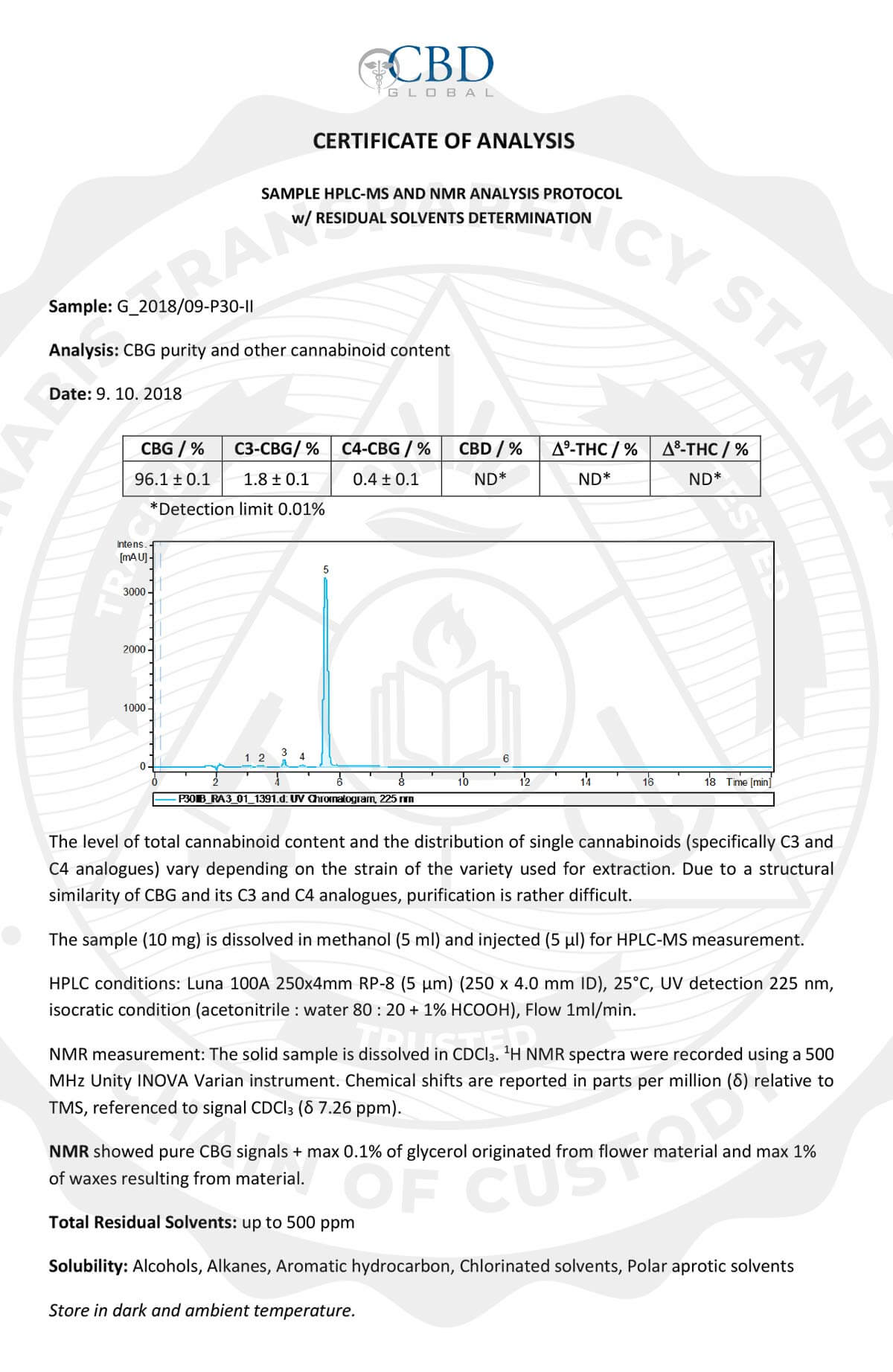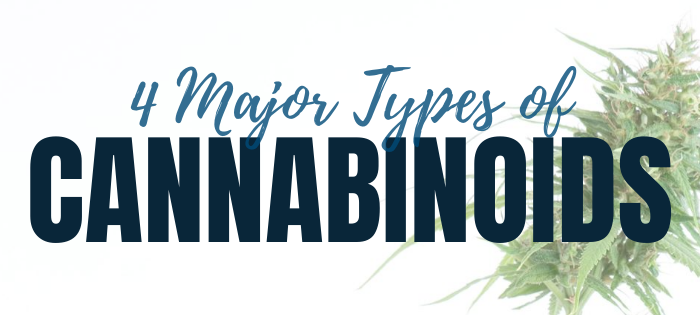
Remember when the only cannabinoids in the limelight were THC and CBD? With so many other cannabinoids growing in the public consciousness, it can be hard to know which is best for you and your needs. From CBN and CBC to CBG, there’s a whole litany of acronyms to navigate, and it can get confusing.
Here you can compare and contrast the differences between the major cannabinoids you might come across to help decide which types of cannabinoids are best for you.
What are Cannabinoids?
Cannabinoids are active compounds found in cannabis that induce a range of effects on the body. The rise of cannabis legalization and its popularity has helped cannabinoids gain a reputation for their therapeutic impact.
Cannabinoids can be extracted in a range of forms (broad spectrum oil, isolate, etc.) or can be consumed directly from cannabis. Different cannabis strains contain varying levels of the different cannabinoids, so be sure to research which strains are high in the cannabinoid of your choice. The therapeutic effects of most cannabinoids manifest through their interaction with cannabinoid receptors in the body’s Endocannabinoid System (ECS), such as the CB1 and CB2 receptors.
While most research into cannabinoid use is still in its early stages, cannabinoids have demonstrated an ability to assist with pain, mental health, cognitive function, sleep, and inflammation.
Cannabidiol (CBD)
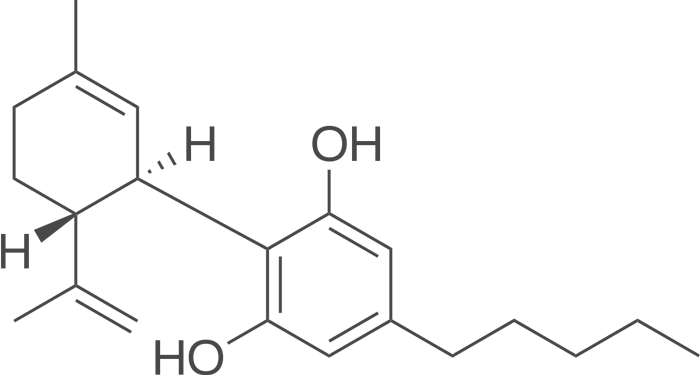
CBD, or cannabidiol, doesn’t directly act on the ECS and is not thought to have any binding affinity to either the CB1 or CB2 receptors. Instead, CBD’s benefits occur from its modulation of the body’s ion channels.
The growing research and popularity of CBD makes it a useful comparison to other cannabinoids and can function as a baseline when exploring the uses of lesser-known cannabinoids.
Cannabigerol (CBG) vs. CBD
CBD and CBG share more than just a few letters. These two cannabinoids can induce similar effects on the body. However, there are some important differences between the two worth exploring.
CBG, otherwise known as cannabigerol, is formed from cannabigerolic acid when exposed to heat and can induce a range of positive health effects. CBD is derived from a different acid but is formed in much the same way as CBG. When heat is applied to cannabidiolic acid, CBD is formed.
The similarities between CBD and CBG continue when you look at their effects on cognitive function. CBD is often lauded by many for its non-psychotropic effects, meaning it doesn’t induce a “high” that is typically associated with cannabis products. CBG is also not a psychotropic substance, so you can be sure that neither CBG nor CBD will result in a feeling of intoxication.

CBD and CBG can also have very similar therapeutic effects on the body. Both CBG and CBD have demonstrated an ability to reduce inflammation, act as an antibacterial, and even protect neurons from damage.
The main differences between CBD and CBG are concentration levels and mechanisms of actions. CBG is found at much lower levels in cannabis plants than CBD, and unlike, CBD, it has demonstrated a strong ability to bind to both CB1 and CB2 receptors.
When it comes to whether CBD or CBG is best for you, access is likely to make the biggest difference. There are many more CBD products available than CBG products in the current market, but with CBG showing similar therapeutic effects, you may want to try both.
Cannabinol (CBN) vs. CBD
CBN, or cannabinol, is one of the lesser-known cannabinoids, known as a minor cannabinoid due to the limited amount of CBN that can be found in the cannabis plant.
While CBD follows a very simple pathway where it is converted from cannabidiolic acid through heat, the production of CBN is slightly more complicated and varying.
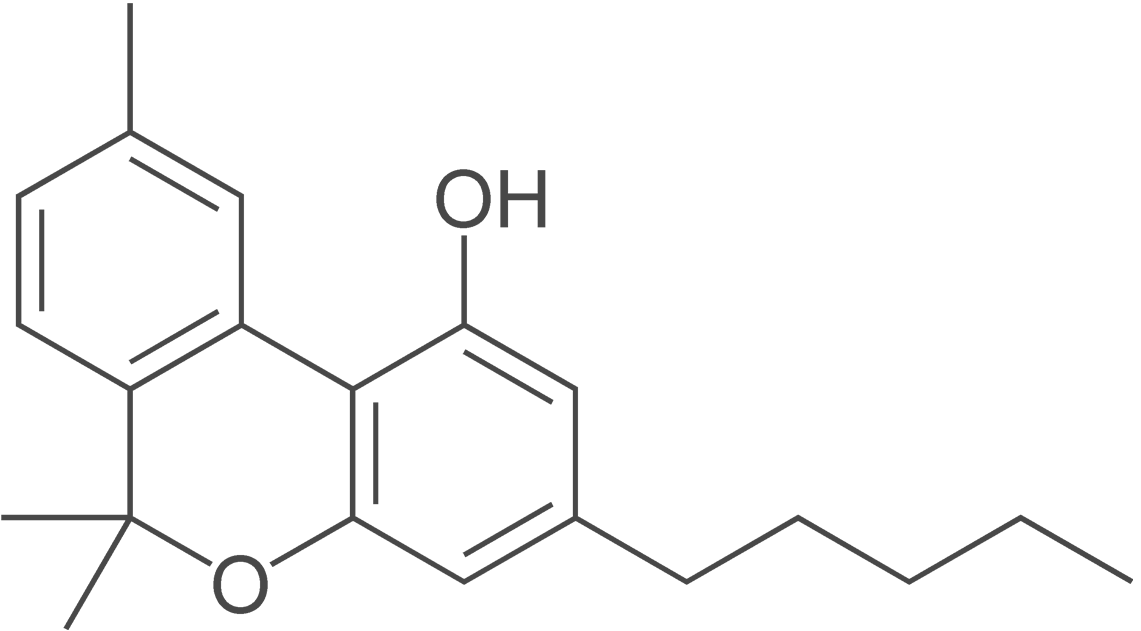
CBN is typically also formed from its acidic precursor, cannabinolic acid, but there are other ways that CBN can be created. THCV, or tetrahydrocannabivarin, is a little known cannabinoid that is converted from tetrahydrocannabivarin acid with heat. However, with the addition of time and no heat, tetrahydrocannabivarin acid can also be converted into CBN.
The precursor to the more popular THC, tetrahydrocannabinolic acid, can also develop into the CBN acidic precursor, cannabinolic acid, with the application of time and no heat. There is a range of options when it comes to forming CBN, while CBD creation only follows one pathway.
CBD and CBN do possess some similarities, both demonstrating antibacterial, analgesic, and anti-inflammatory properties. However, the two differ when it comes to their psychoactive effects. CBD does not induce any kind of intoxicating effects, while CBN may have very mild psychoactive effects.
Cannabichromene (CBC) vs. CBD
CBC is another cannabinoid that isn’t frequently talked about. Also known as cannabichromene, CBC is a cannabinoid that shares many similarities with CBD.
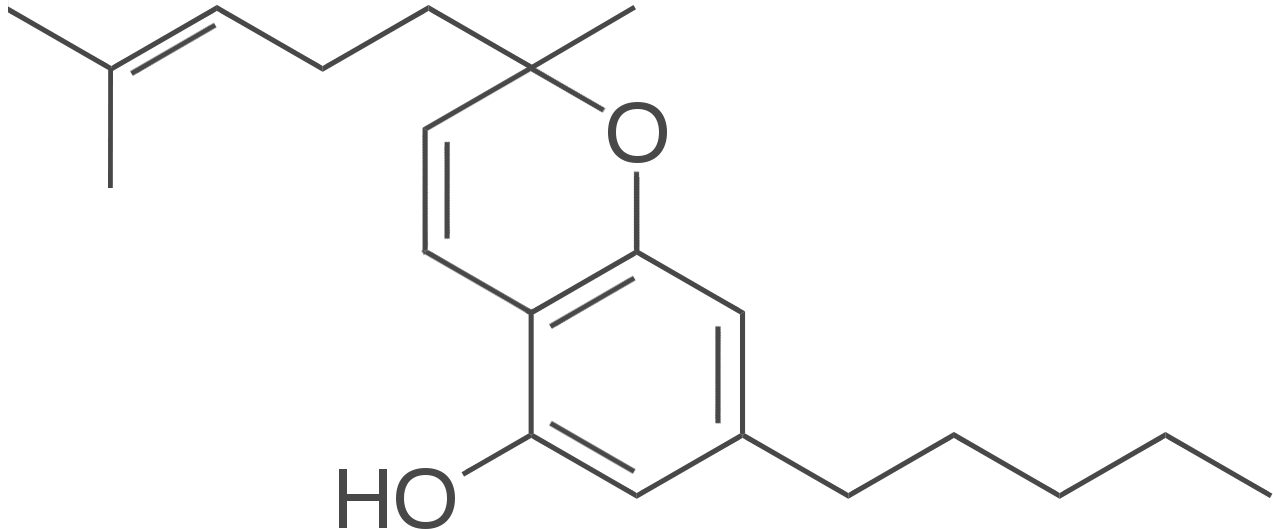
Like CBD, CBC does not induce an intoxicating effect, so you won’t experience a “high” after consuming CBC. Both CBD and CBC also have a weak affinity for cannabinoid receptors like CB1 and CB2. Because of this, both cannabinoids exert their effects through a range of other receptors and pathways.
Research into CBC is still in its infancy, but it has demonstrated some therapeutic effects similar to CBD’s. CBC has shown potential in its ability to reduce pain, improve brain function, and help fight depression. CBC has also displayed some differences from CBD, like in its potential to treat acne.
Tetrahydrocannabinol (THC) vs. CBD

Now it’s time to compare the heavyweights. CBD and THC are the most well-known cannabinoids, with THC, or tetrahydrocannabinol, perhaps most well known for its role in inducing the “high” typically associated with cannabis consumption.
While CBD and THC are the most popular cannabinoids, they are very different. First is THC’s intoxicating properties, which CBD does not share.
CBD and THC also differ in their mechanisms of action. THC induces most of its effects through directly binding to cannabinoid receptors CB1 and CB2, while CBD can only weakly bind to cannabinoid receptors and instead acts on non-cannabinoid receptors.
However, there are some similarities between CBD and THC. Both of these cannabinoids have shown some similar therapeutic effects. Much like CBD, THC can help to potentially improve sleep, reduce pain, and positively affect mood.
The Bottom Line
When it comes to choosing cannabinoid treatments, it really comes down to your personal preferences and needs. Look for the varying health effects and intoxicating properties to help decide which cannabinoid might best suit you, and remember, a combination could be your best option. CBD Global offers a full range of cannabinoid products so you can find exactly what’s ideal for your needs.

